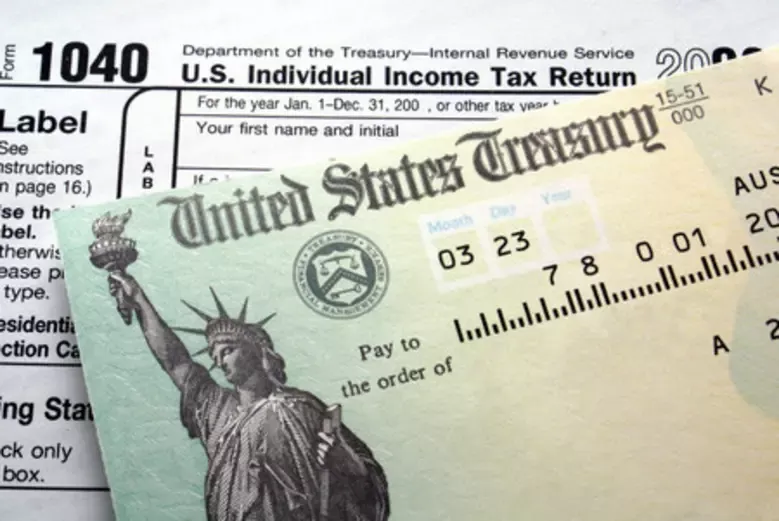Recently, misinformation has circulated regarding a purported $2,600 stimulus payment targeted at senior citizens in the United States. Claims have emerged suggesting that individuals aged 65 and over, as well as those who are disabled or blind, could receive this financial boost to help cope with rising living costs and the ongoing effects of the COVID-19 pandemic. However, it is essential to clarify that this information is inaccurate. No such stimulus payment has been approved or announced by any official government agency.
Unfounded Claims of a $2,600 Stimulus Payment
The rumor of a $2,600 stimulus payment for seniors has gained traction primarily through social media platforms, including Facebook and X (formerly Twitter). These misleading claims are often crafted to appear credible and appealing, which leads to their widespread sharing and amplification.
This misinformation is likely generated by automated systems designed to produce attention-grabbing headlines and stories that are not based on factual reporting. Such articles are intended to drive traffic to specific websites rather than provide accurate information. Once published, these stories are quickly disseminated across social media, where their viral nature further spreads the false claims.
Official Response to the $2,600 Stimulus Claims
In response to the proliferation of misinformation about a $2,600 stimulus payment, official sources and fact-checking organizations have provided clear and accurate information:
- Internal Revenue Service (IRS): The IRS has confirmed that no new stimulus payments have been approved beyond those previously distributed as part of COVID-19 relief measures. IRS spokesperson Anthony Burke has reiterated that all Economic Impact Payments have been disbursed and urged individuals to consult the official IRS website for reliable information.
- AARP: The American Association of Retired Persons (AARP) has also denounced the claims of a new $2,600 stimulus payment as false. The organization advises seniors to seek information from trusted sources and avoid falling for unverified claims.
Identifying and Avoiding Misinformation
In an era where misinformation can spread rapidly, it is crucial to develop strategies to discern reliable information, especially on critical topics like stimulus payments. Here are some essential tips for identifying and avoiding misinformation:
- Verify through Official Sources: Always cross-check claims with official government websites such as irs.gov to ensure accuracy.
- Be Skeptical of Sensational Claims: Extraordinary claims, particularly those circulated on social media without credible sources, should be treated with caution.
- Utilize Fact-Checking Platforms: Leverage fact-checking websites that analyze and verify the authenticity of widely circulated claims and news.
By understanding the nature and origins of misinformation, individuals can better protect themselves from falling victim to false claims, especially those concerning significant financial matters like stimulus payments.







